David Rosenthal is an American keyboardist, musical director, music producer, synthesizer, programmer, orchestrator, and songwriter. With a musical career spanning four decades, David has played with acts including Rainbow, Bruce Springsteen, Cyndi Lauper, and Robert Palmer, and has been Billy Joel's musical director and keyboardist since 1993. We caught up with David to talk about how he started out in music, the process of updating Billy Joel's sheet music catalog, his most memorable gigs, and much more.
Explore Billy Joel sheet music
Interview with David Rosenthal
Sheet Music Me ("S"): Firstly, can you tell us how you started out in music?
David ("D"): I started playing piano when I was seven, and back then I only wanted to play music that was on the radio. So by the time I was 11 I could play any piece of sheet music. I could read anything. I could solo in any key. But at that time I wasn't interested in anything beyond pop music. It was later in my teens that I started getting heavily into classical and then studying jazz, and I eventually went to Berklee College of Music where I continued my classical studies on piano and also synth programming, audio recording, orchestration and arranging, all kinds of different things.
S: Great. So obviously you've worked with a number of great artists and bands over the years. I believe it's been 30 years since you started working with Billy Joel. Can you tell us how that relationship started?
D: I had worked with a lot of other artists prior to Billy…Rainbow, Cyndi Lauper, Robert Palmer, many different artists of all different genres. So by the time 1993 rolled around and Billy was looking for a new keyboard player, my name popped up and I was invited to a closed audition. It was me and one other guy and I beat him out!
S: Fantastic. Now you've been painstakingly updating Billy's entire sheet music catalog these past few years. Can you talk us through that process? When you're working on sheet music it's a different thing because even though I know how it goes, I have to make sure that what's written on the page is accurate."
D: Sure, I'm doing it by ear and just listening to the records. I'm obviously very familiar with his music because I've played in his band for 30 years and I know the stuff cold. But when you're working on sheet music it's a different thing because even though I know how it goes, I have to make sure that what's written on the page is accurate. There's a tendency when you know how something goes that you just start playing it the way you know it's supposed to go, even if that's not what it says on the page. So you really have to be very objective and sort of step back and forget that you know how it goes and only play what's written on the page. First, the signature piano parts are transcribed and notated exactly as Billy played them. But during his vocal the piano is mostly accompaniment. So I have to add in the melody to the piano part and make it playable. Then I try to interject as many of his signature piano riffs as possible around the vocal melody and get it as close to the record as possible while still being able to play the melody in a way that preserves the original character of each song.

S: Yeah, absolutely. And you alluded to this a second ago, but when you're editing the sheet music are you always listening to the original recordings, or are you doing any of it from memory having played the songs thousands of times.
D: I'm listening to the recordings because those are the versions that the sheet music is based off. The studio albums. Sometimes with our live versions they deviate a little bit. So even though I know how they go, I still go back and listen with headphones very, very carefully to the album over and over again, and I play it through over and over again. I play it without the album and then I play it along with the album. I have this whole checklist process that I go through on each one of the pieces.
S: And has Billy ever been involved at all in the process? I mean, do you ever ask his opinion on editorial points or is it purely yourself?
D: He put me in charge of doing this and he trusts that I know how to notate it all properly. A couple of times I've asked "Did you play this, or did you play that?" And he's like, "Whatever I played on the album, that's how it goes." So it's up to me to transcribe it. Sometimes I've noticed lyrical differences between what was printed in the liner notes of the album and what he actually sang. In those cases he always wants whatever he sang. He's very particular about his lyrics so he did give me some feedback on that. Whatever he sang on the record is what he wants.
S: Great. And going onto touring a little bit, do you have a favorite song of Billy's when you're up there on stage?
D: It's hard to pick a favorite because there are so many great ones. Some songs are more involved from my parts as a keyboard player, and others not, but that really plays a secondary role in choosing favorites. Sometimes it's a simple song that I might be playing, but the way people's faces light up when they hear Billy's music is magic. And you feed off that energy. Many of the songs are a lot of fun to play for that reason and other ones are fun to play because they're more musically involved. So I really enjoy the whole concert. After all these years of doing it, I still genuinely enjoy his music and I enjoy playing it, and I enjoy every show because every show comes out different. We never play the same set list twice, and he'll occasionally throw a curveball. He'll do a song we haven't done in a long time or something that was a hit back in a certain day. But whatever he chooses to do, no two shows come out the same way, which really makes it a lot of fun. Sometimes it's a simple song that I might be playing, but the way people's faces light up when they hear Billy's music is magic. And you feed off that energy."
S: Absolutely. And what does your rig consist of when you're out there?
D: Well, I'm using MainStage for everything. I have four controllers on the stage including midi bass pedals, and then a Hammond XK5 organ going through a 147 Leslie. I have two complete MainStage rigs, two computers, two everything. They're totally identical, running in real time. And then I have an A-B box to switch the outputs of whichever one can be active at any given moment. So if a computer starts acting a little squirrelly, or if it's not responding quite right, I just switch over to the B rig and motion to my tech to restart the A system while I continue playing the B system. I just keep going and nobody even knows I did that. It doesn't happen very often, but when you're using computers and live music, you do need a safety net for sure.
S: And I'm guessing you've seen huge changes in on-stage tech since you first started as a touring musician?
D: Yeah, if you go all the way back, my first world tour was with Rainbow in 1982. There was no Midi at that time. I had an Oberheim OB-Xa which was breakthrough because you could play chords on it and you could save patches into it. This was all revolutionary but Midi hadn't been invented yet. It's been an exciting journey to continue touring and doing all different types of gigs while technology evolved throughout the years.
S: I can imagine, yeah! And do you have any particularly memorable experiences from touring that really stand out as being especially cool? When we closed Shea Stadium was a really big deal. We had all these guest artists from Tony Bennett to Garth Brooks to Steven Tyler to John Mellencamp who were all unannounced and it was capped off at the end by Paul McCartney.
D: Well, there have been some magical moments in many shows, but I would say when we closed Shea Stadium was a really big deal. We had all these guest artists from Tony Bennett to Garth Brooks to Steven Tyler to John Mellencamp who were all unannounced because the show was sold out anyway. They would each come up and do a song with us. And it was capped off at the end by Paul McCartney. So I actually got to play with one of the Beatles at Shea Stadium, which was really cool because they were the first act to play there. And Billy was the last act to play there so it sort of bookended. But there have been so many guests in this Madison Square Garden run that we've been doing now. We're coming up to show number 96 of this run right now and it's been going for ten years. Every show is really special there because first of all, it's Madison Square Garden, which is just an iconic venue, but it also happens to be where I used to go to concerts when I was a kid. I grew up in New Jersey, so I would go into New York and go to concerts at Madison Square Garden. So to be able to play there so many times – I've played there something like 124 times – I feel really, really fortunate. And every one of them is a special show.
S: And what do you like to do when you're "out of the office" so to speak?
D: Well, music is my profession, but it's also my hobby. So I'm always doing something with music. When I'm not doing Billy-related stuff, I'm working on something else, perhaps a film score or perhaps doing some synth programming for other artists. Orchestration, arranging, producing, I'm always doing something! But pretty much most of what I do is connected in some way to music. Of course, the sheet music project takes a considerable amount of time too, to get each song done and done right. It's a tricky thing to be objective and know when it's time to stop for the day and start again tomorrow with fresh ears. It's been a long term project, which is how Billy asked me to do it. He said, "Take your time with it, but before I die I want to make sure that all my music in print is accurate." So that was what he sent me off to do.
S: It's fantastic that he wants to do that. It's quite a rare thing for someone to take that much care over their music in print.
D: Yeah, and I'm very honored that he chose me to do this. I'm aware of the value of what it is. It's basically his legacy in print and it needs to be right. And that's why I'm taking my time with it and making sure each book that gets submitted becomes the official, accurate version.
S: And I believe I'm correct in saying July 25th next year is listed as being the last Billy Joel show at Madison Square Garden. Is that really the final show? What comes next?
D: July 25th will be the final show of the residency at Madison Square Garden. We've been doing monthly shows for 10 years now. Nobody in their wildest dreams imagined this would go for 10 years. Maybe two or three years…four years if it's a wild success. But 10 years is incredible. It's time to do other things. He's not retiring, it's just time to end this amazingly successful run that we've had and sort of close that chapter. But he absolutely plans to continue doing shows. We're going to continue to play. It's just the Madison Square Garden residency that's coming to an end. The important thing is that he's having a great time. We're all having a great time. He's still singing fantastic and playing fantastic. Everybody loves the shows, and he actually continues to get even bigger on a worldwide basis, which is remarkable. Even without any new music in all these years, the attendance just keeps expanding! It's a tribute to what a great entertainer and performer he is. We're going to continue to play. It's just the Madison Square Garden residency that's coming to an end. The important thing is that he's having a great time. He's still singing fantastic and playing fantastic.
S: Absolutely. Thank you so much for your time today, and for your ongoing and very diligent work updating Billy's incredible sheet music catalog!
D: My pleasure, all the best.

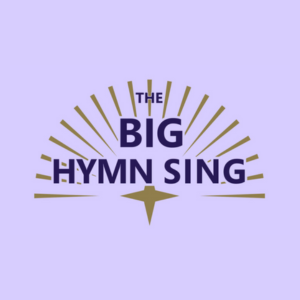
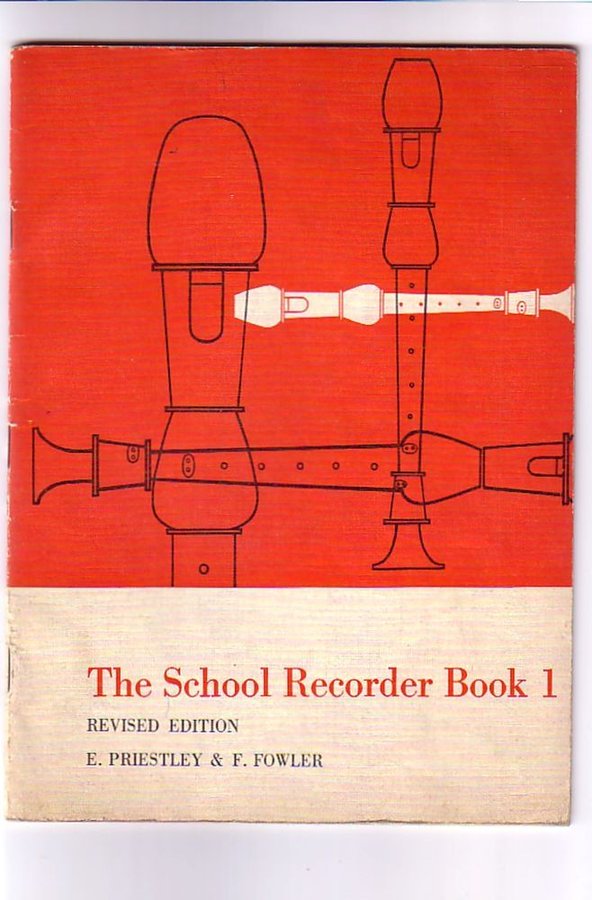

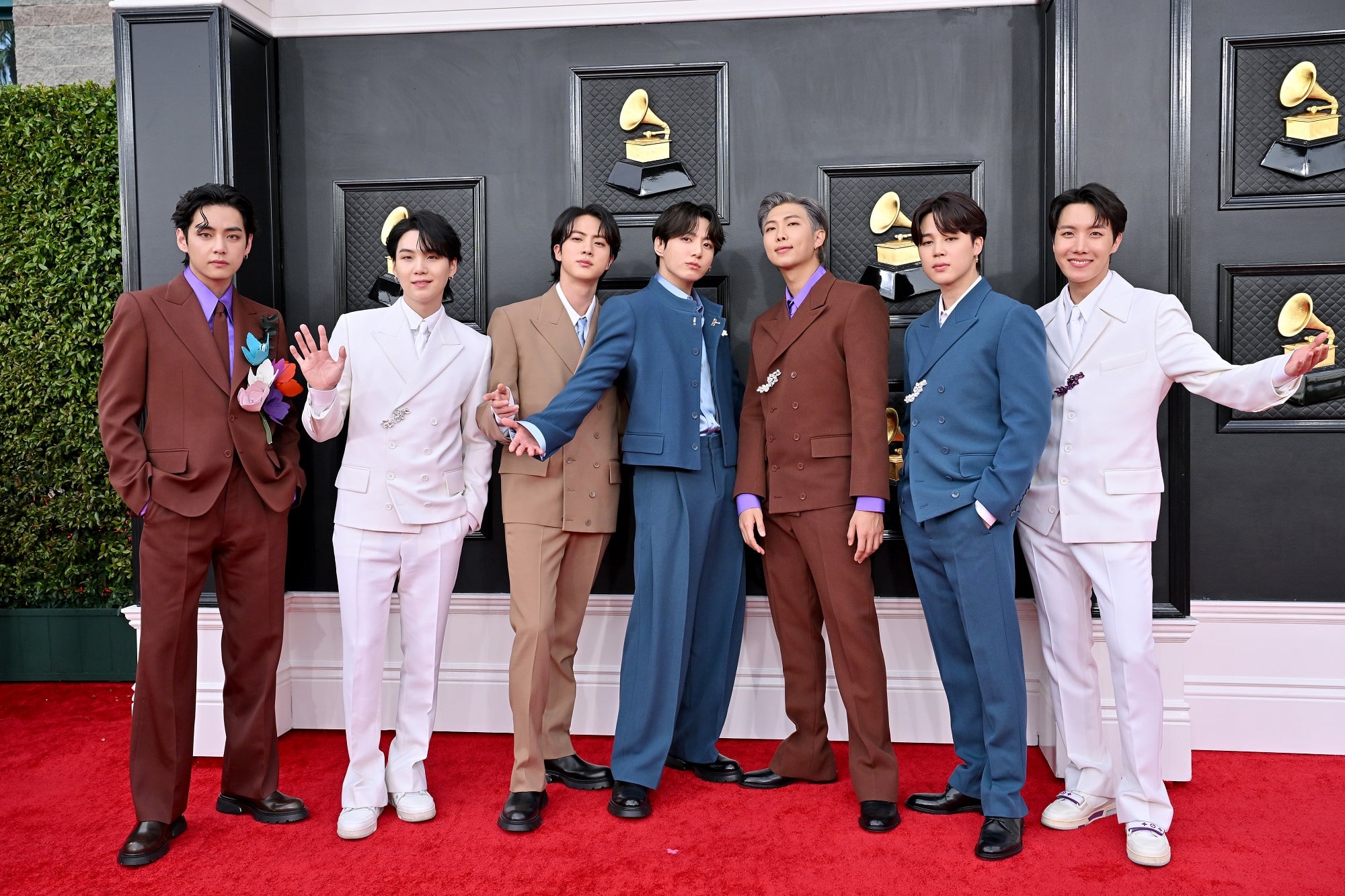
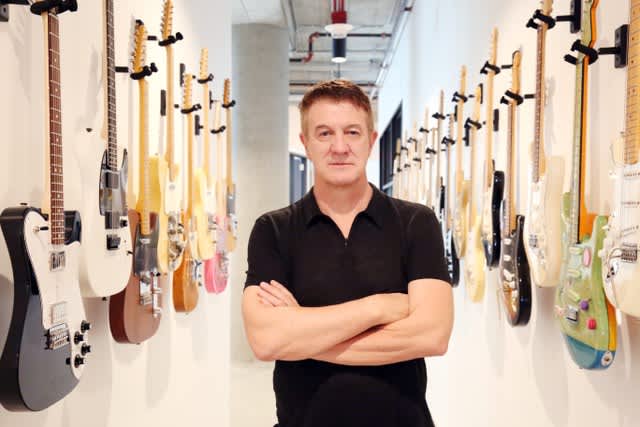
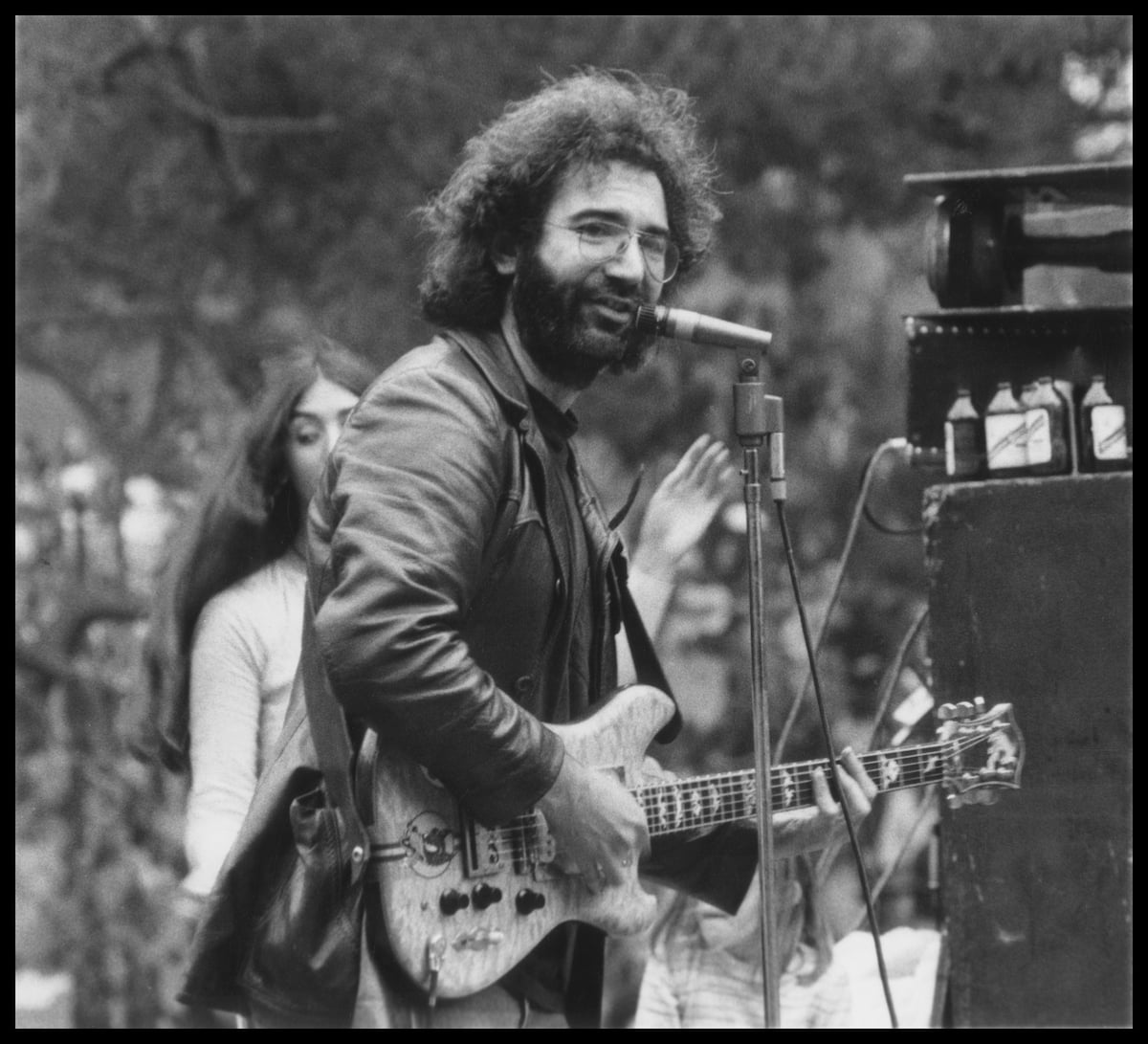
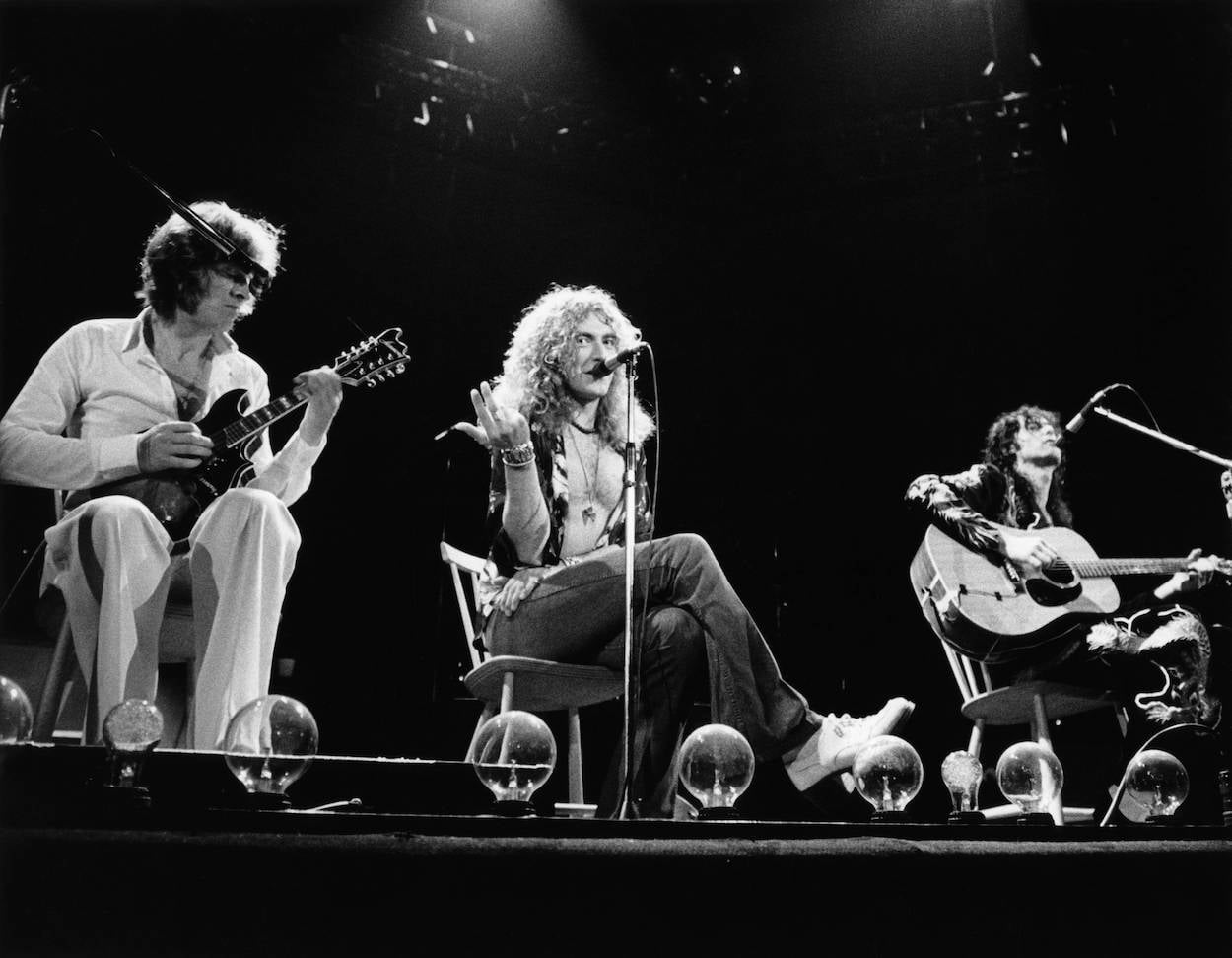
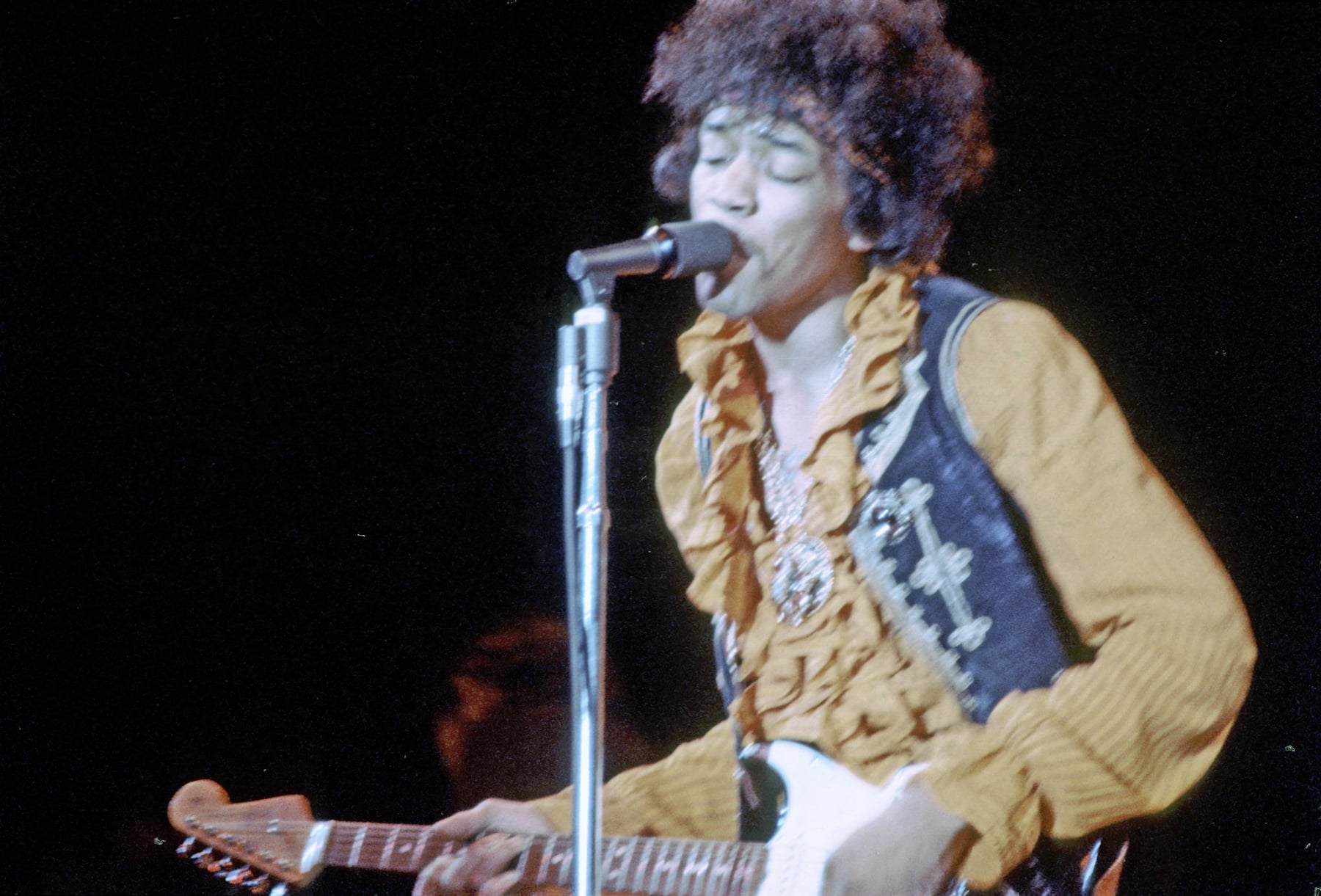
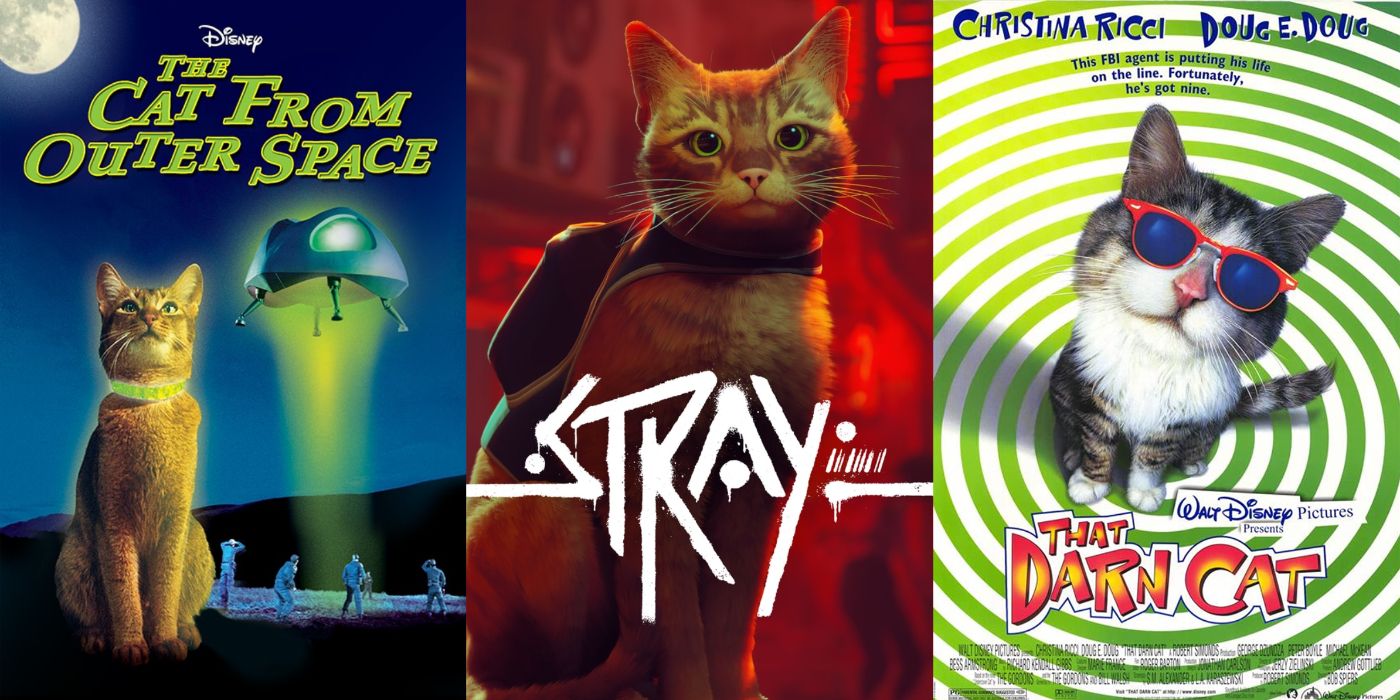


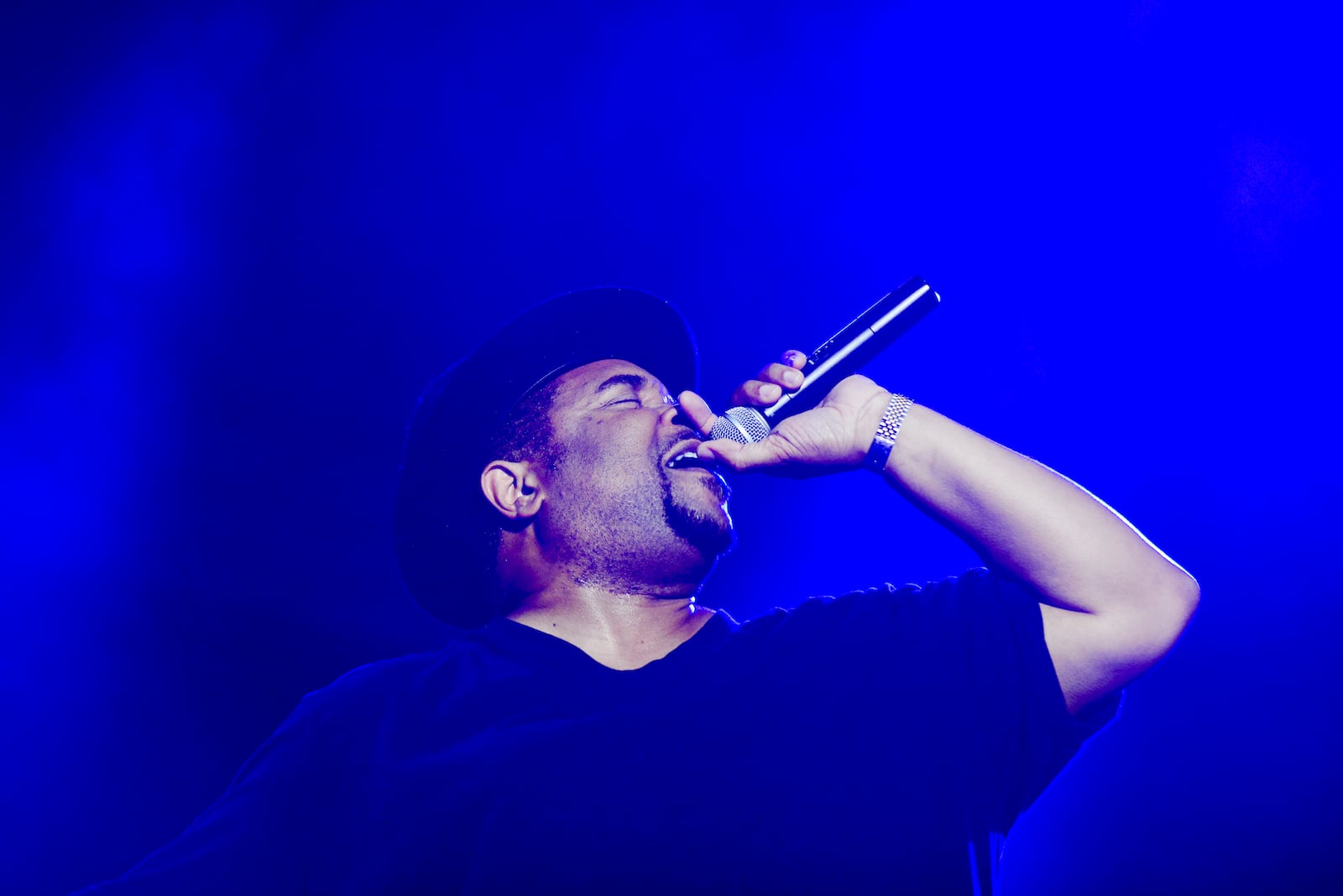
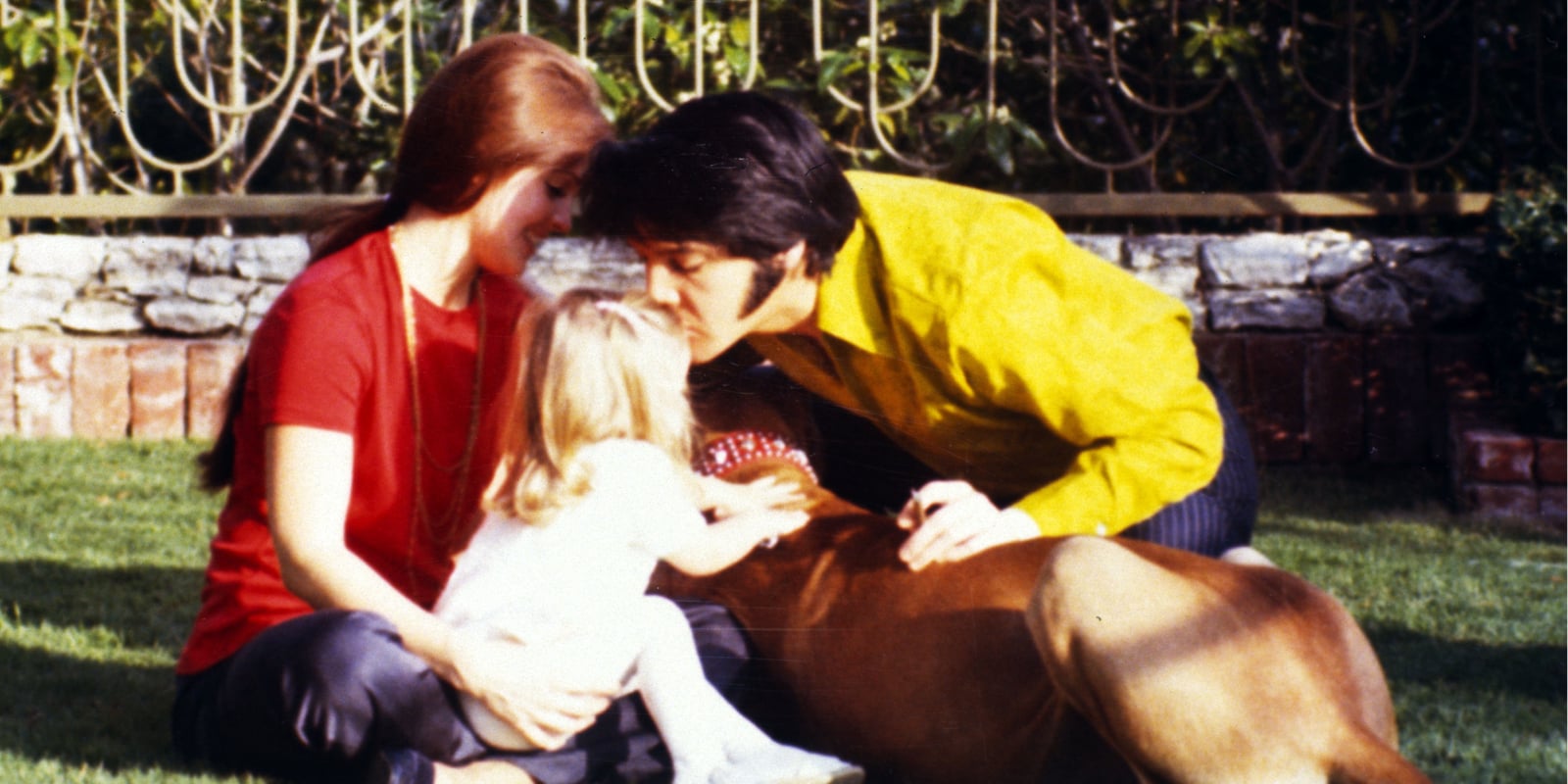
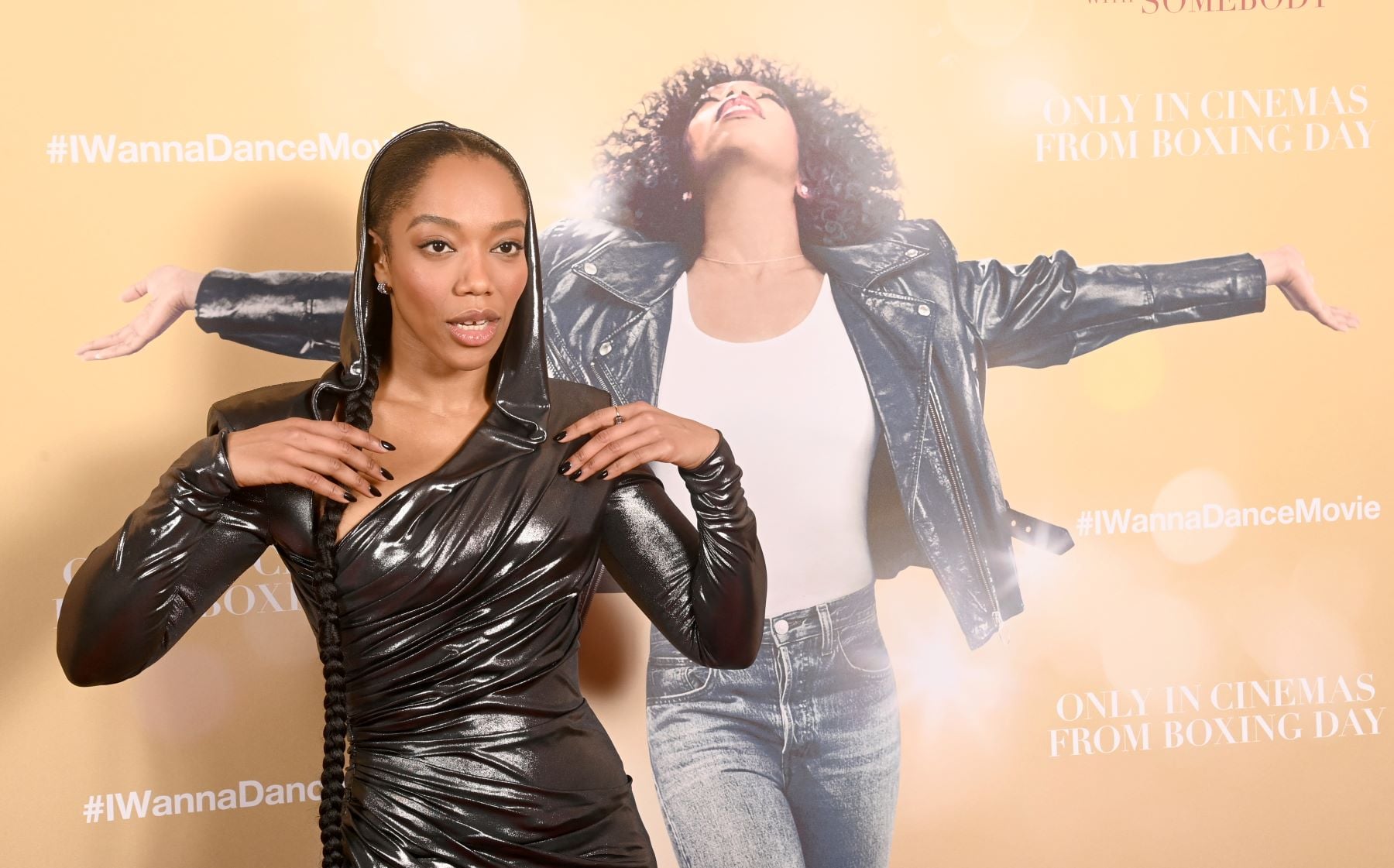
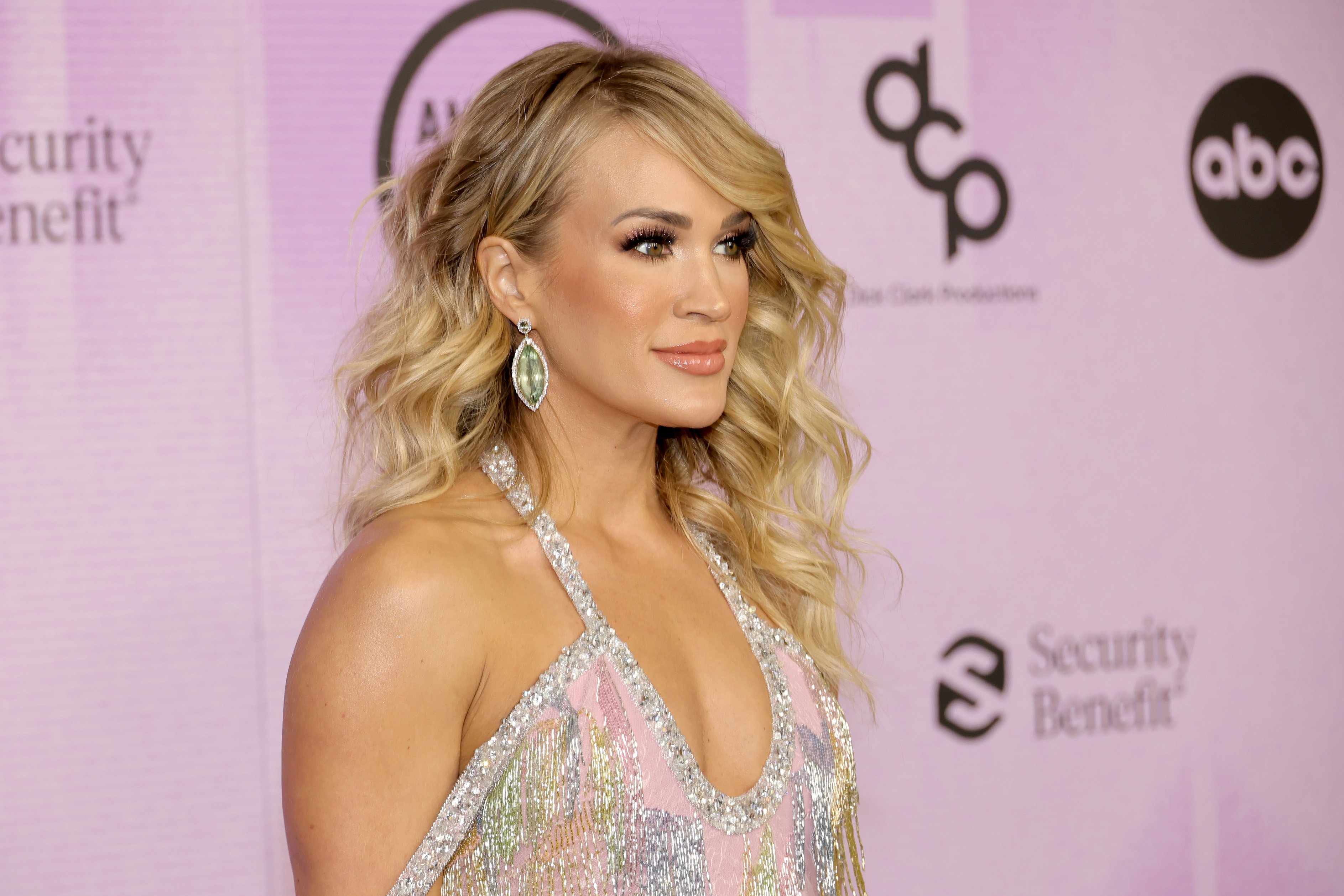
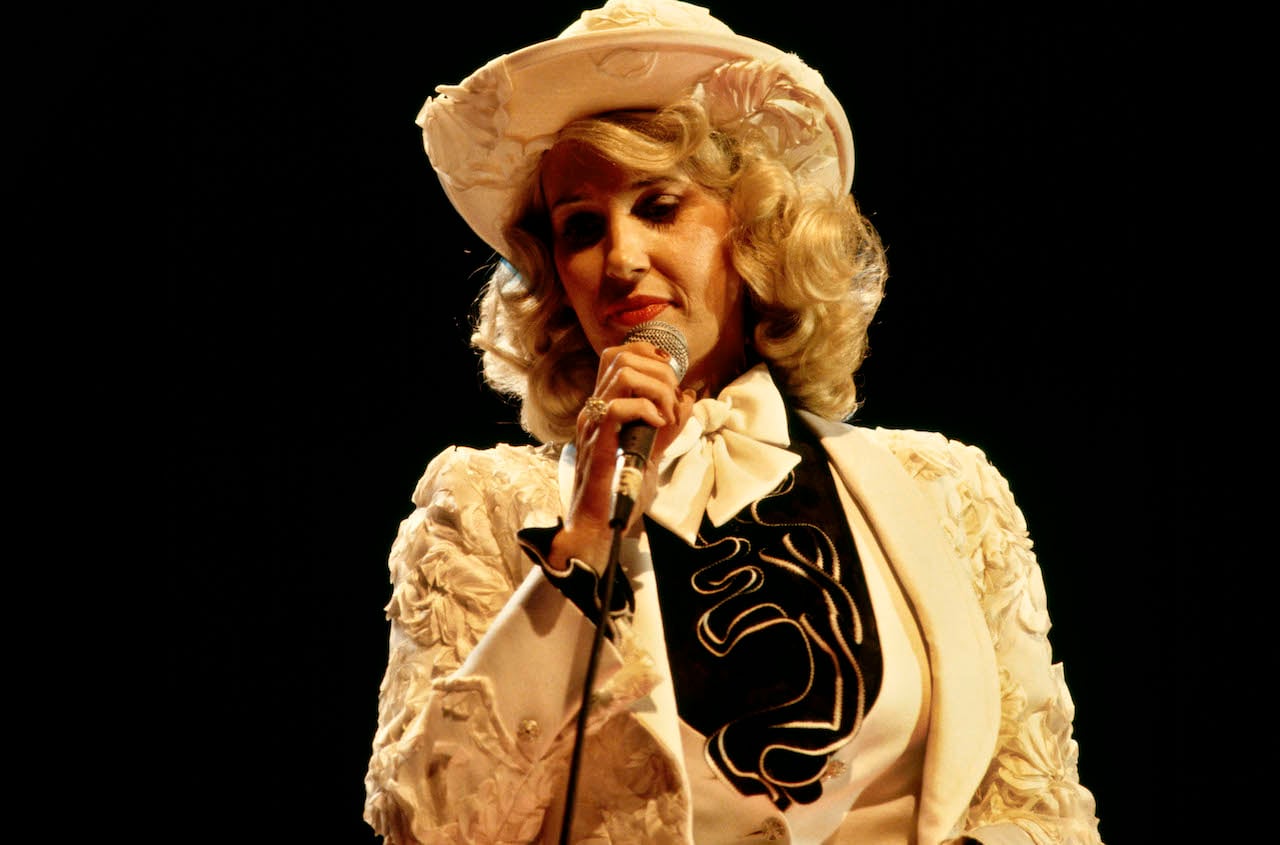
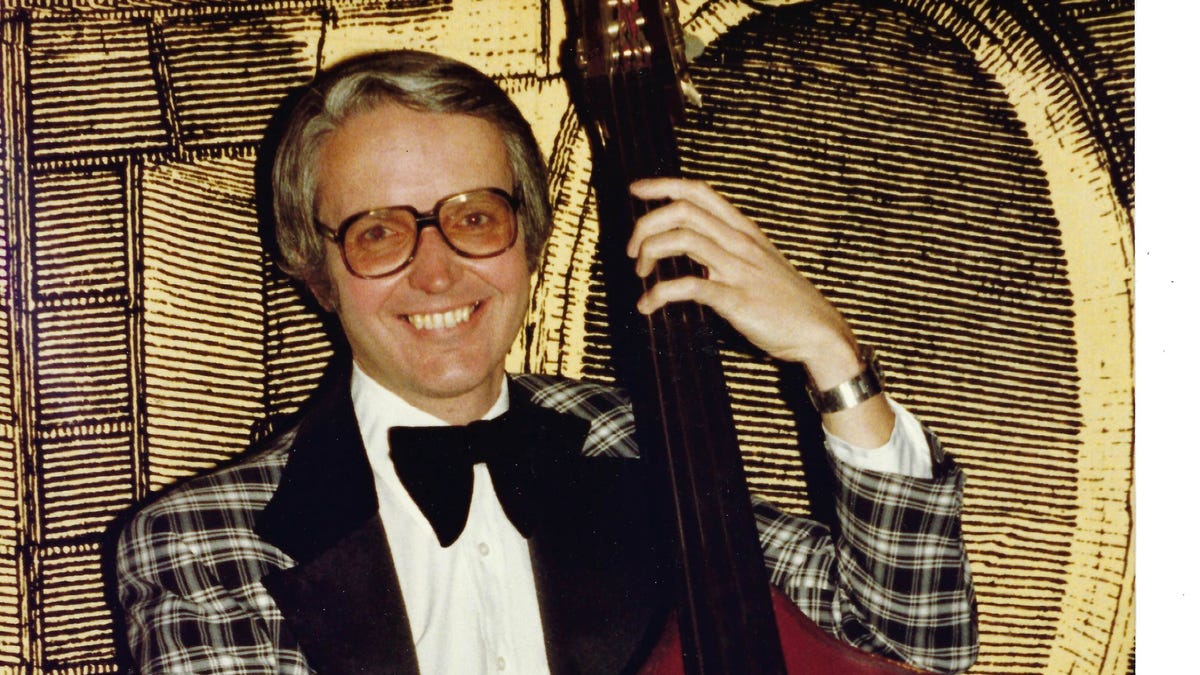
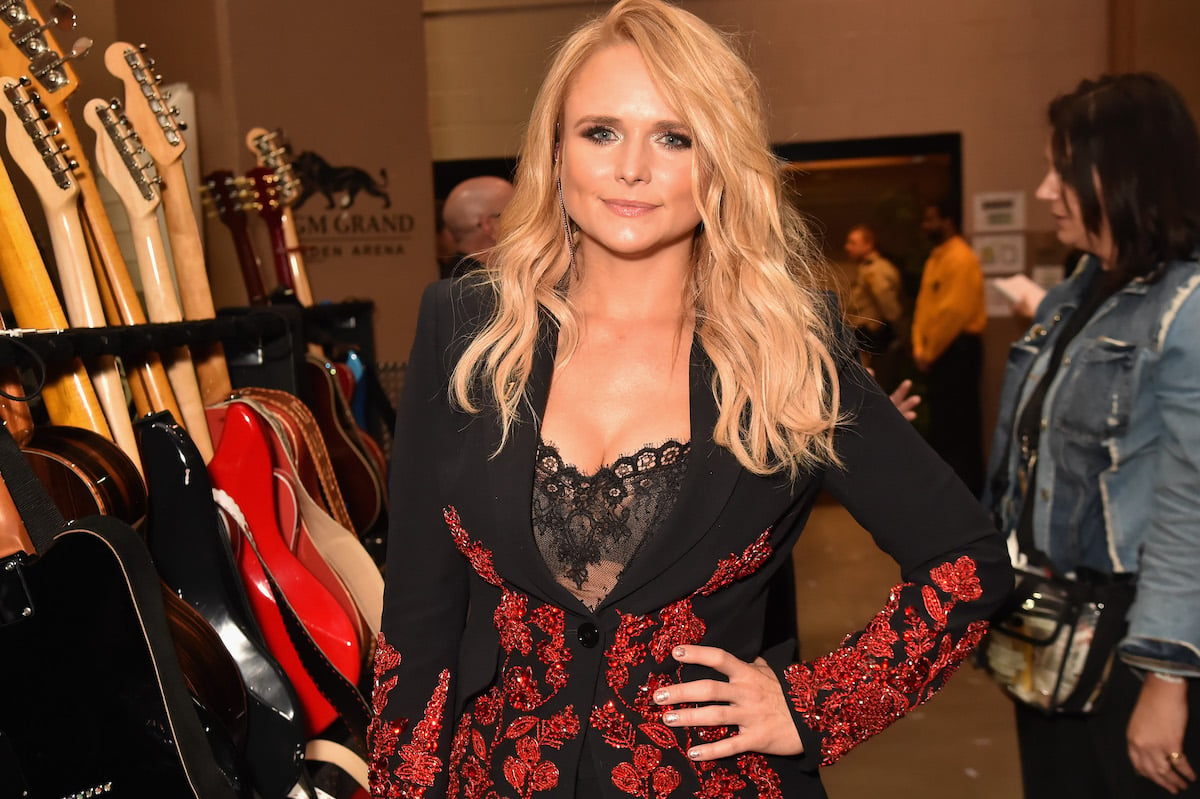

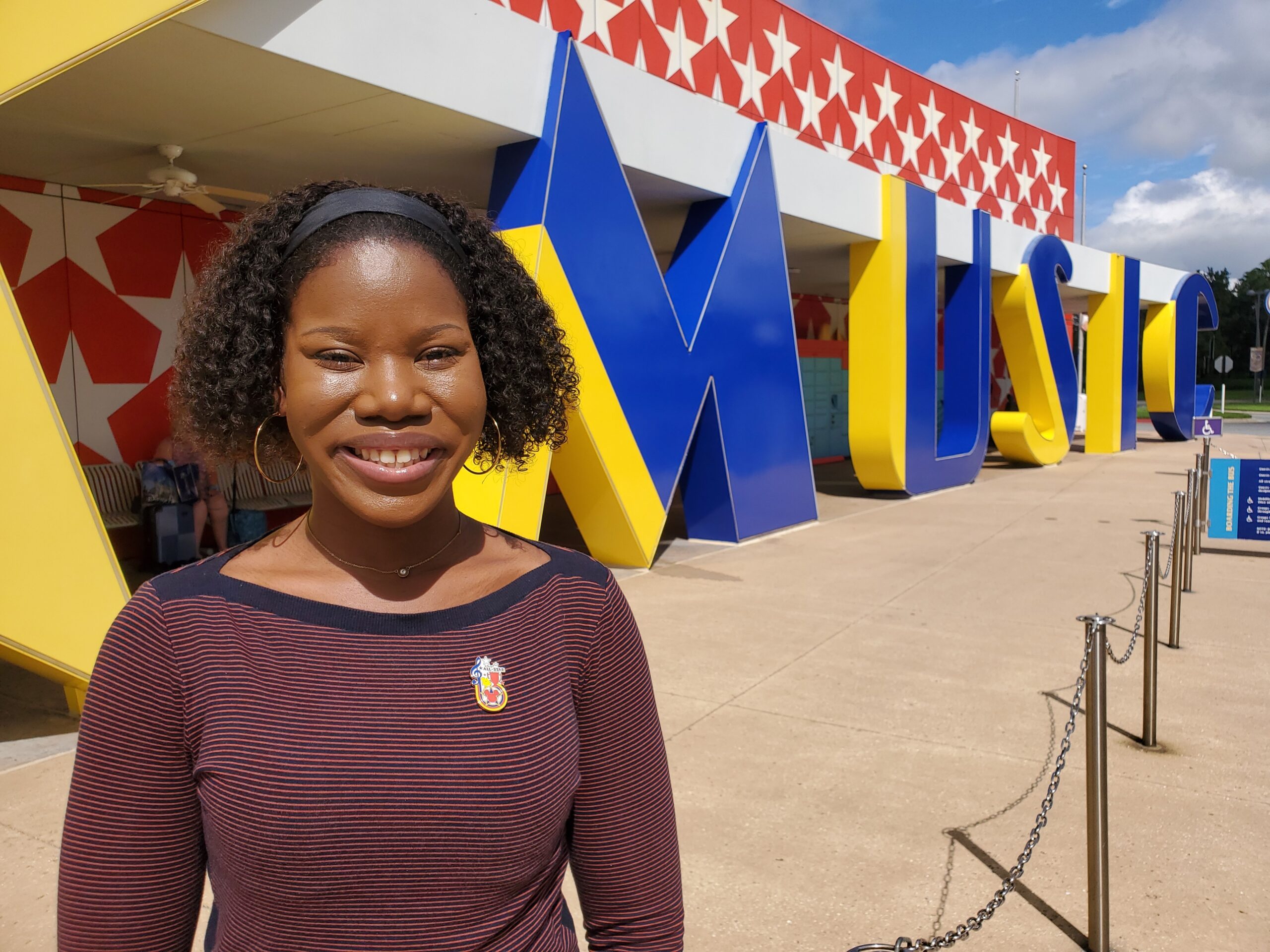
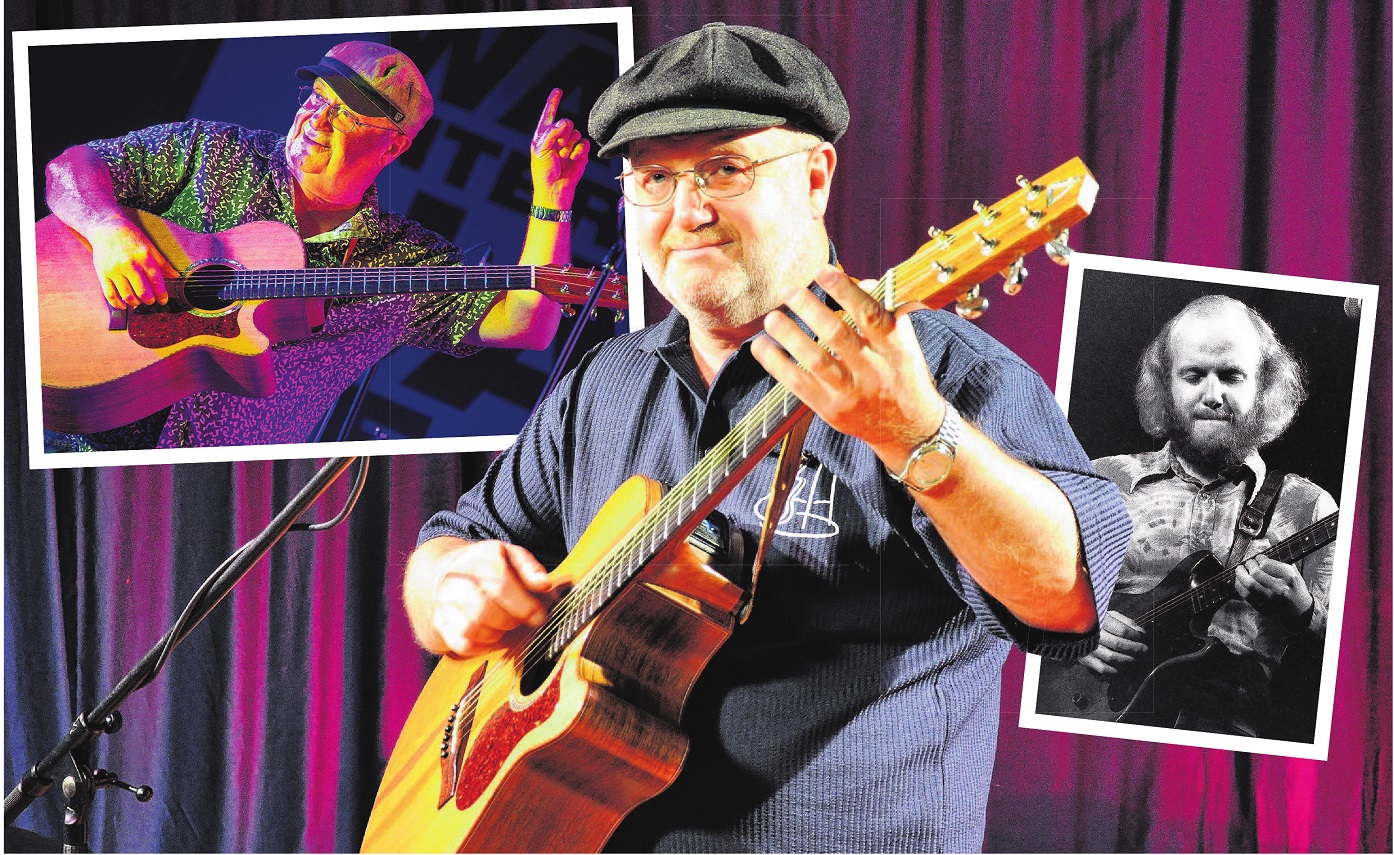

 English (US)
English (US)